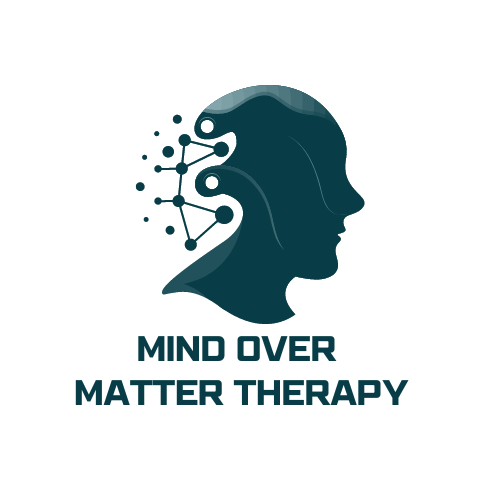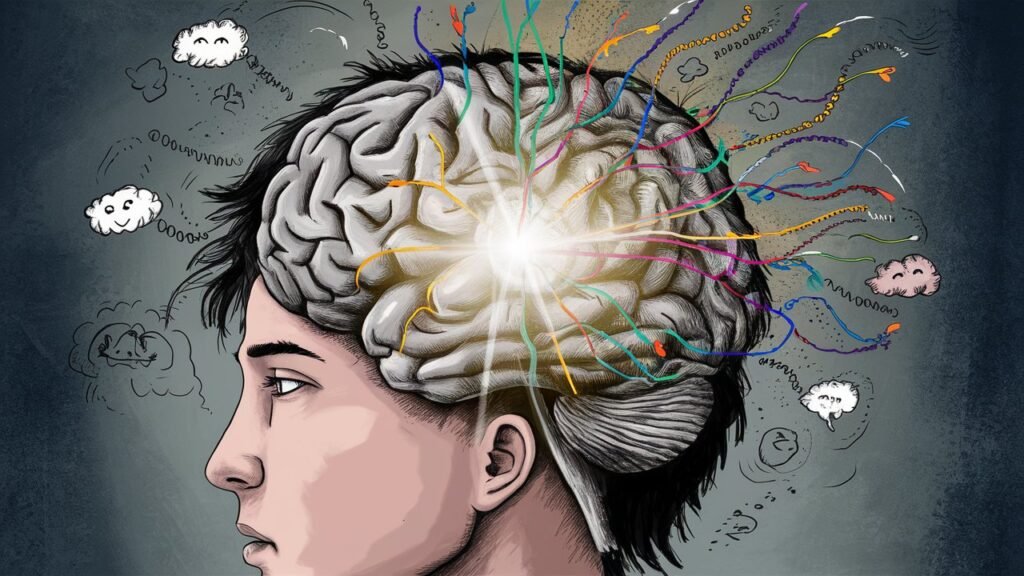Anxiety

Anxiety
Understanding Anxiety and the Role of Therapy
Anxiety is a natural and fundamental response to perceived threats or dangers. It stems from our evolutionary instinct to stay safe and survive, a mechanism that has been crucial throughout human history. When our ancestors faced life-threatening situations, anxiety helped them stay alert and prepared to react quickly. In today’s world, though, this instinct often responds to non-life-threatening situations, such as work stress, social pressures, or personal challenges.
While anxiety itself is normal, it can become overwhelming and disruptive, impacting our daily lives and mental well-being. This is where therapy, particularly Cognitive Behavioral Therapy (CBT), plays a crucial role in helping individuals manage and reduce their anxiety.
The Nature of Anxiety
Anxiety is characterized by feelings of worry, fear, or apprehension, and it can manifest in both physical and psychological ways. Physically, it may cause symptoms like a racing heart, sweating, trembling, or gastrointestinal issues. Psychologically, it can lead to persistent negative thinking, excessive worry, or avoidance of situations that trigger anxiety. While occasional anxiety is a normal part of life, chronic or severe anxiety can be debilitating, interfering with one’s ability to function normally and enjoy life.
The experience of anxiety is often tied to our thoughts about potential threats or dangers. These thoughts can be triggered by specific situations, such as speaking in public, or they may arise without an obvious cause. When anxiety becomes intense or persistent, it can lead to conditions such as Generalized Anxiety Disorder (GAD), Social Anxiety Disorder, or Panic Disorder. Understanding that anxiety is rooted in our natural instinct to protect ourselves can be comforting, but it also highlights the importance of addressing it when it becomes overwhelming.
The Role of Cognitive Behavioral Therapy (CBT)
Cognitive Behavioral Therapy (CBT) is a widely recognized and effective treatment for anxiety. CBT is based on the premise that our thoughts, feelings, and behaviors are interconnected and that changing negative thought patterns can lead to changes in feelings and behaviors. By identifying and altering distorted or irrational thoughts, CBT helps individuals develop healthier ways of thinking and coping with anxiety.
- Identifying Negative Thought Patterns
- Challenging and Reframing Thoughts
- Behavioral Experiments and Exposure
- Developing Coping Strategies
- Building Resilience and Self-Efficacy
Frequently Asked Questions
Anxiety is a natural response to perceived threats or stressors, characterized by feelings of worry, fear, or apprehension. It can manifest physically with symptoms such as a racing heart, sweating, or trembling, and psychologically with persistent negative thinking or excessive worry. While anxiety is a normal part of life, it can become overwhelming and interfere with daily functioning when it is chronic or severe.
Cognitive Behavioral Therapy (CBT) is a type of psychotherapy that focuses on identifying and changing negative thought patterns and behaviors that contribute to anxiety. CBT helps individuals recognize distorted thinking, challenge these thoughts, and develop healthier ways of responding to anxiety-provoking situations. It combines cognitive (thought-based) and behavioral (action-based) techniques to improve mental well-being.
The effectiveness of CBT varies from person to person. Some individuals may notice improvements within a few weeks, while others may require several months of therapy. The duration of CBT depends on the severity of the anxiety, the individual’s goals, and their commitment to the therapy process.
CBT is a widely applicable and effective treatment for many people with anxiety. However, it may not be suitable for everyone, depending on individual needs and circumstances. It is important to discuss your specific situation with a mental health professional to determine if CBT is the right approach for you. In some cases, a combination of therapies or alternative treatments may be recommended.
CBT is generally considered safe and does not have physical side effects. However, the process of exploring and challenging negative thoughts can sometimes bring up difficult emotions or stress. A trained therapist will support you through this process and help you manage any emotional discomfort that may arise.
Book Consultation
- (954) 707 1820
- info@empowermindfulness.com
- Telehealth for residents of Florida, Mississippi, Minnesota, and Wisconsin


